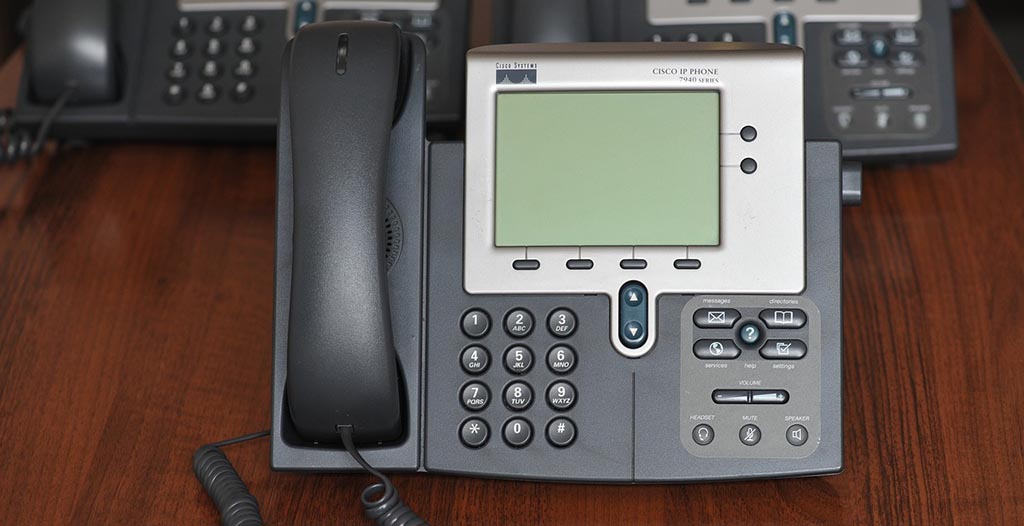In this post, we’ll take a look at Robocallers to help you understand the all different aspects of robocallers. what’s robocall? A robocall is an automated phone call that uses a computerized autodialer to deliver a pre-recorded message, as if from a robot. Some robocalls use personalized audio messages to simulate an actual personal phone call.Once a connection has been established, the programming delivers a prerecorded message. Because of the ease and low cost, these calls have increased in recent years.
A robocall can play any kind of messages, such as a political message or an appointment reminder. Robocalls are often used for appointment reminders, public-service announcements and crisis communication updates. In fact, Schools, airlines and doctor offices use robocalls to deliver prerecorded messages to their customers.
The TCPA, or the Telephone Consumer Protection Act, is a U.S. law that was passed by Congress to safeguard consumers’ rights to prevent unwanted telephone calls. Unsolicited calls to phones where the receiving party may have to pay for the call are also illegal. A robocall trying to sell you something is illegal unless a company has your written permission to call you that way.
Robocall is heavily used by telemartkes. A telemarketer is an individual that contacts potential leads or customers over the phone to sell products or services. Telemarketing can include surgery or information gathering as well.
Under FTC (Federal Trade Commission) rules, some robocalls don’t require your permission:
- Messages that are purely informational. Like message to you about your flight being cancelled.
- Debt collection calls. A business contacting you to collect a debt can use robocalls to reach you.
- Calls from some health care providers.
- Messages from charities.
Source: consumer.ftc.gov and consumeractionlawgroup.com and en.wikipedia.org
What Should You Do If You Get an Illegal Robocall?
- If you do answer a call, don’t confirm personal information or respond to any questions if you’re suspicious. Hang up
- Do not call the number back
- Don’t call another number they give you. Scammers try to get a response. For example, the person or recording may tell you to press a button to confirm you no longer want to receive these calls.
- Don’t or press any numbers that you may be instructed to press
- Ask the telemarketer to stop calling and to place you on their internal do not call list.
- If the calls continue then report the telemarketer to the Federal Trade Commission. The FTC takes the phone numbers you report and releases them to the public each business day.
Ways to Stop and Deal with Robocalls
- To help limit telemarketing calls from legitimate telemarketers, add your number to the National Do Not Call list.
- All the major cellphone companies, offer some kind of call-blocking technology for iPhone and Android devices. Use this technology.
- A number of third-party apps can help block nuisance calls and text messages if you’re not satisfied with your cellphone provider’s spam-blocking service.
- When you receive a robocall, you can block the specific number that called.
- You don’t have to answer the phone, especially when you don’t know who’s calling. If you don’t recognize a number and it’s similar to your own, it’s best to let it go to voicemail.
- Some smartphones have a feature that lets you turn off the ringer during specified time frames. (Do not disturb function)
Source: norton.com
———————————
Sources:



















